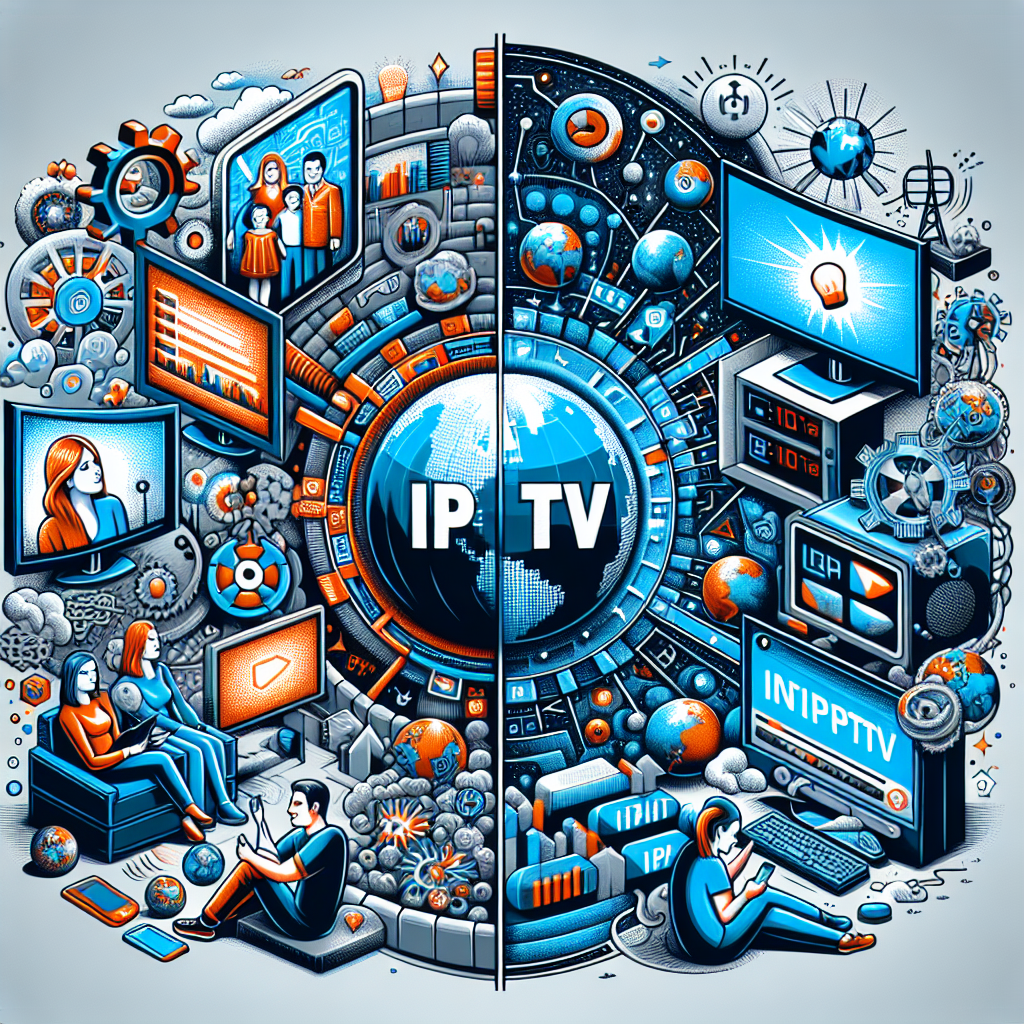Your cart is currently empty!
The Future of Television: Exploring the Benefits and Drawbacks of IPTV

Television has come a long way since its inception, with the introduction of Internet Protocol Television (IPTV) marking a significant shift in how we consume media. IPTV allows users to stream television content over the internet, providing a more personalized and interactive viewing experience. While the technology has many benefits, there are also some drawbacks to consider when exploring the future of television.
One of the main benefits of IPTV is the ability to access a wide range of content from around the world. With traditional cable and satellite TV, viewers are limited to the channels provided by their service provider. IPTV, on the other hand, allows users to access content from multiple sources, including streaming services like Netflix, Hulu, and Amazon Prime Video. This gives viewers more control over what they watch and when they watch it, making for a more personalized viewing experience.
Another benefit of IPTV is the ability to watch television on multiple devices. With traditional TV services, viewers are tied to a single television set. IPTV, however, allows users to watch content on their smartphones, tablets, and computers, giving them the flexibility to watch their favorite shows wherever they are. This is especially convenient for people who are always on the go and don’t have time to sit down in front of a television.
Additionally, IPTV offers a more interactive viewing experience than traditional TV services. Users can pause, rewind, and fast forward through content, as well as access on-demand programming. Some IPTV services also offer features like picture-in-picture viewing, multiple camera angles, and interactive menus, making for a more engaging viewing experience.
Despite its many benefits, there are some drawbacks to consider when it comes to IPTV. One of the main concerns is the potential for buffering and lagging, especially during peak viewing times. Because IPTV relies on an internet connection, slow or unstable internet speeds can result in poor video quality and interruptions in service. This can be frustrating for viewers who want to watch their favorite shows without any disruptions.
Another drawback of IPTV is the potential for increased costs. While some IPTV services offer affordable pricing plans, others can be quite expensive, especially when compared to traditional cable and satellite TV services. Users may also need to invest in additional equipment, such as a set-top box or streaming device, to access IPTV content, adding to the overall cost.
Overall, the future of television looks bright with the rise of IPTV technology. With its ability to provide personalized, interactive, and flexible viewing experiences, IPTV is changing the way we consume media. However, it’s important for users to weigh the benefits and drawbacks of IPTV before making the switch from traditional TV services. By considering factors like internet speed, cost, and reliability, viewers can make an informed decision about whether IPTV is the right choice for them.

Leave a Reply